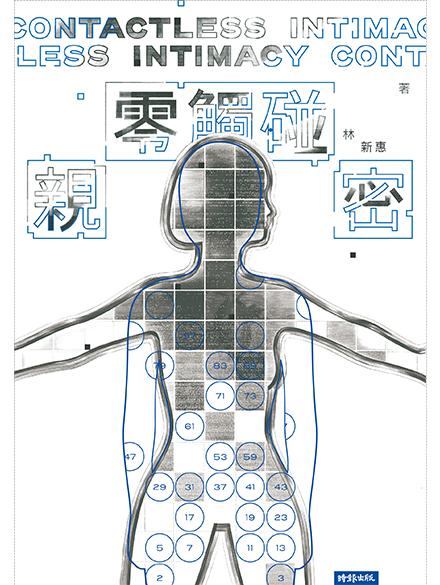Cyborg culture has long interested writer Lin Hsin-Hui, whose novel explores human-machine intimacy. “Contact” is the key concept guiding her investigation of interpersonal boundaries, the limits to enduring alienation, and how new technologies dominate human lives. Is AI a turning point or a crisis?
In the future, a large-scale AI system assumes the role of government, collecting information from chips in human brains and exercising tight control over humankind. Upon discovering that touch causes unstable human emotions, transmits disease, and disrupts society, the AIs implement a “contactless” policy, shifting all human activity to virtual reality. Later, to satisfy people’s longing for touch and interpersonal experiences, the AI government enacts the Human-Machine Mating Program, creating cybernetic organisms with chips implanted in their brains to give them human experiences. Humans are also given new bodies, giving them the freedom to be intimate with android partners and experience risk-free touch.
The nameless heroine, a recent recruit to the Human-Machine Mating Program, wakes up from surgery a sexless, emotionless, and far from self-aware “new” human. Full of confusion about herself, she surrenders to the technology. Her mother’s generation was the last to experience touch. When she witnesses her mother’s “age-appropriate death”, will she choose her instinct to feel grief or programmed emotionlessness? What about the relationship with her android partner? When all individual differences such as skin color and sexual characteristics are erased, does it mean the end of human will?
Author Lin Hsin-Hui draws on her lifelong interest in technology and human cultures to explore human-machine relationships and the meaning of life in this novel that is also a reflection on gender coding and identity. The world she constructs is as chilling as it is amazing.
